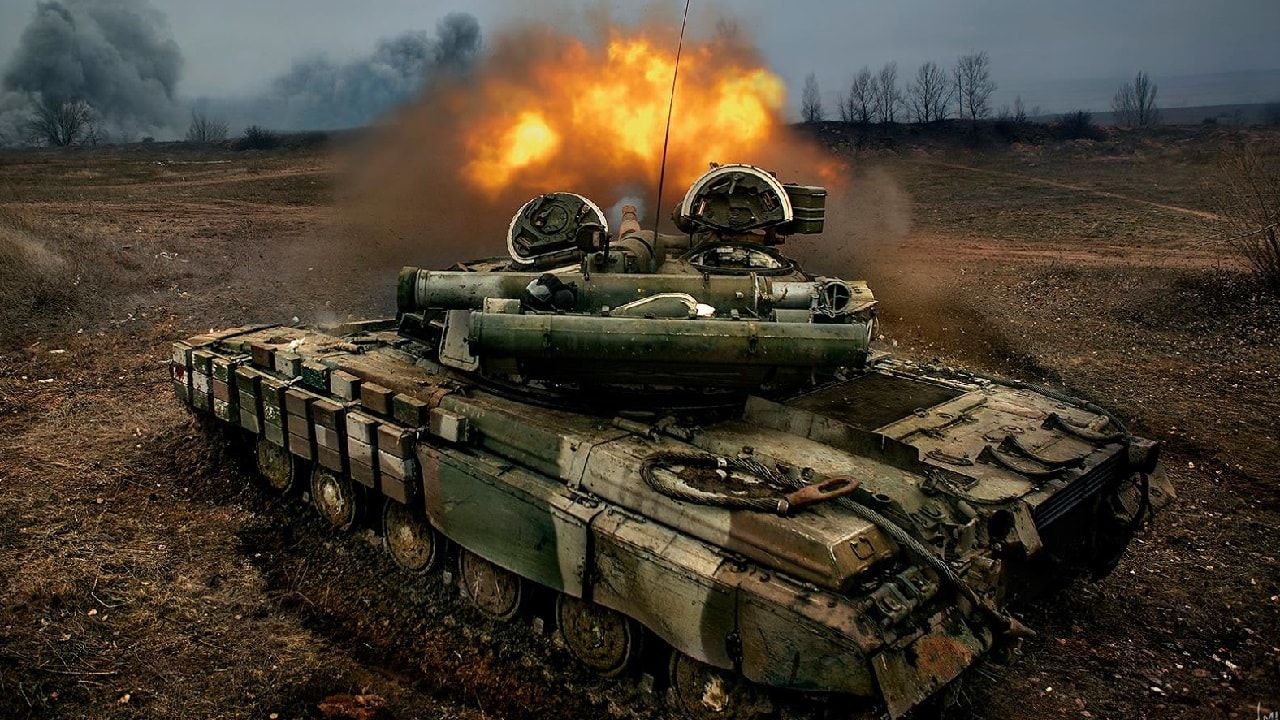Last month, Israel’s Ministery of Aliyah and Integration announced that over 25,000 immigrants have arrived in the Jewish state from Ukraine, Russia, Moldova, and Belarus. Under the operation Immigrants Come Home, Ukrainian Jews are encouraged to seek refuge in Israel as they are eligible for immigration under the Law of Return.
At the onset of Moscow’s invasion of Ukraine, Israel approved a large budget that would ultimately allow 100,000 Jewish Ukrainian immigrants to pursue Israeli naturalization. While some reports indicate that the Jewish state has “closed its doors” to Ukraine’s refugees, the numbers don’t lie.
Israel Allows Jewish Refugees Under Law of Return
On July 4, Israel’s High Court of Justice accepted the petition that countered an earlier set limitation to the number of Ukrainian citizens that could enter Israel. Back in February, Israel’s Interior Minister Ayelet Shaked announced that the country would allow the approximately 20,000 Ukrainians residing in Israel illegally or temporarily to remain while curtailing the number of new non-Jewish refugees to 5,000.
Shaked, backed by the Israeli government, was criticized for capping the country’s aid to Ukraine. The recently accepted petition was praised by Ukrainian President Volodymyr Zelensky, who tweeted “I commend the decision of the Supreme Court of the State of Israel, which obliges the government of Israel to abolish any additional restrictions on the entry of citizens of Ukraine. The rule of law and respect for human rights is exactly what distinguishes a true, developed democracy!”
Ukraine is Home to the Largest Enclave of Jews in the World
President Zelensky is part of Ukraine’s Jewish community, believed to be home to one of the largest enclaves of Judaism in the world. While a 2020 demographic study of European Jews approximated that around 43,000 Jews resided in Ukraine, other estimates quadruple this number. Jewish settlements can be traced back to the 8th century in Ukraine, and some of Judaism’s most unique ideologies branched out from this eastern European country, including the Hasidic movement. Similar to many of its neighboring countries, Ukraine’s Jews suffered tremendously during the Holocaust.
Brutal pogroms and violence targeting the country’s Jewish centers resulted in approximately 1 million deaths by the end of World War II. According to The Times of Israel, “Approximately 1 million of those Jews were killed in the Holocaust, but a 1989 census estimated that close to half a million lived in Ukraine in 1989, before the dissolution of the Soviet Union.”
In the Soviet Union, Jews were systematically oppressed by the government. Riddled with anti-Semitism, the Soviet government discriminated against and persecuted its Jewish communities. Following the fall of the Soviet Union in the 1990s, the majority of the country’s remaining Jews immigrated to Israel. In February, Russian President Vladimir Putin justified his invasion of Ukraine as a mission to “de-Nazify” the country, despite the fact that Zelensky represents the country’s democratically elected Jewish leader. An additional factor that makes Putin’s claim truly absurd is that the Ukrainian president himself lost family members during the Holocaust.
Anti-Semitism exists in Moscow’s Ranks and Worldwide
When questioned about Zelensky’s Jewish ancestry in a May interview with an Italian television network, Russia’s Foreign Minister Sergei Lavrov said that “The fact does not negate the Nazi elements in Ukraine. I believe Hitler also had Jewish blood.” While Putin himself later apologized to his Israeli counterpart for Lavrov’s remarks, the blatant anti-Semitic sentiment that Jews committed horrible crimes against themselves suggests anti-semitism has a place amongst Moscow’s higher ranks.
While Zelensky’s presidency in part negates Putin’s de-nazifying premise, Jew-hatred is still rampant and is on the rise across the world. Last year, the Anti-Defamation League reported that anti-Semitic incidents rose by nearly 34 percent in 2021. Ukraine has not been immune to this surge. Putin has exploited this factor to perpetuate the misinformation that had catalyzed his invasion. For years, Putin has pushed the narrative that Ukrainian officials evoke Nazism to ultimately garner domestic support for the recent offensive war. The Russian president asserted that the invasion of Kyiv was critical since “[The] goal is to protect people who have been subjected to bullying and genocide … for the last eight years. And for this we will strive for the demilitarization and denazification of Ukraine.”
In early July, Russia ordered the agency tasked with overseeing the immigration of Jews to Israel to “halt activities immediately.” The Israeli government said that Moscow’s decision to terminate the work of the Jewish Agency would impact Russian Jews trying to leave the country. While tensions between Israel and Russia have escalated following the invasion of Ukraine, the Jewish state has tried to remain neutral in an effort to avoid confrontation. Since Russian troops in Syria could pose a direct threat to Israel’s regional objectives, Israel has carefully towed the diplomatic line in the conflict. However, preventing Russian Jews from immigrating to Israel represents an escalation.
Maya Carlin is a Middle East Defense Editor with 19FortyFive. She is also an analyst with the Center for Security Policy and a former Anna Sobol Levy Fellow at IDC Herzliya in Israel. She has by-lines in many publications, including The National Interest, Jerusalem Post, and Times of Israel.

